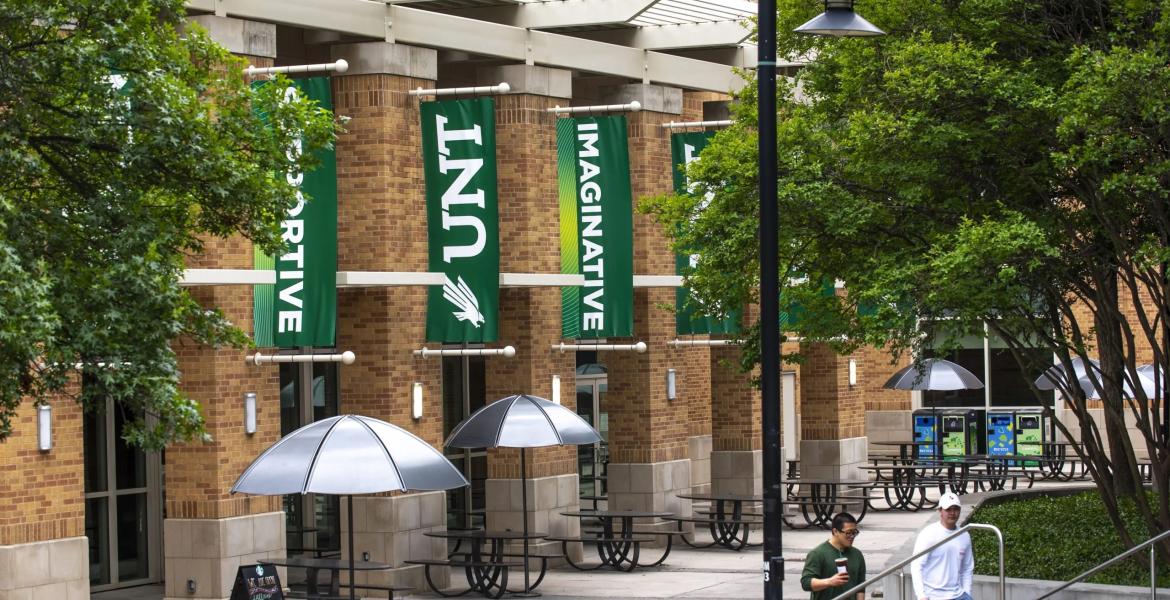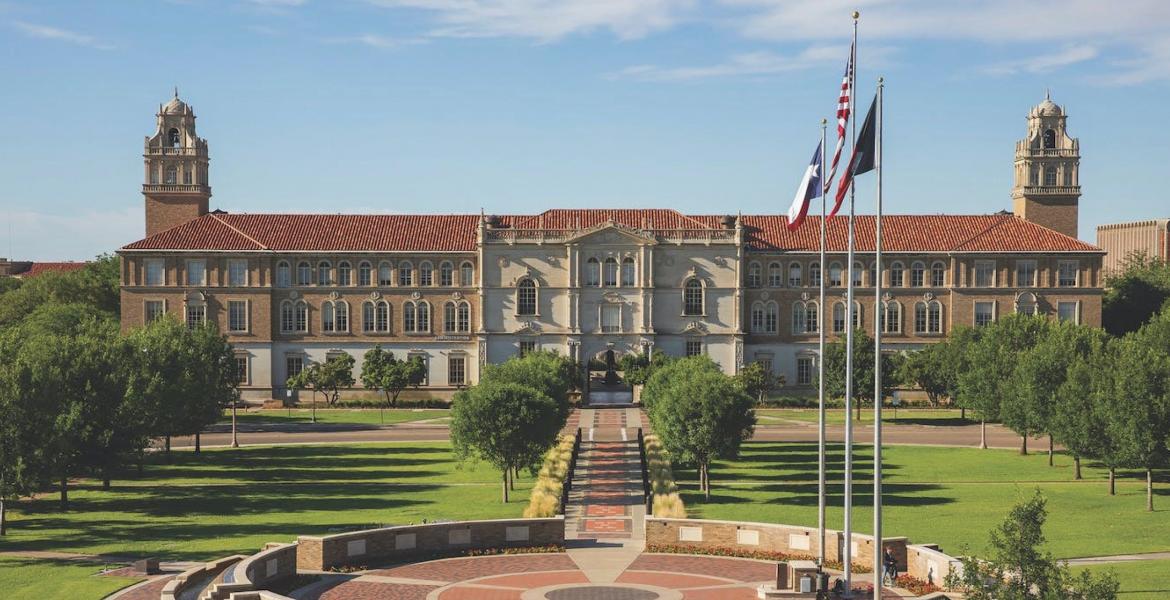The planetarium at ASU is giving anyone that has a fascination with astronomy something to look forward to on Thursday nights until May 14. A ticket for $3 for adults and $2 for students will get you into the double feature, Oasis in Space and Stars of the Pharaohs.
Oasis In Space takes you on a search for liquid water on other planets. Many planets have frozen bodies of water, but not actual flowing liquid like the oceans found on earth. NASA has been in search of water on other planets for years.
However, as ASU Physics student, James Bufkin pointed out after the presentation, during the star talk, “Recently there has been a new discovery of flowing water beneath the surface of Ganymede, one of Jupiter’s moons,” Bufkin said. “Since the 70s scientists have speculated that Ganymede could contain a saline ocean under the ice crust of the moon’s surface, and they finally found it.”
It took the exploration of the Hubble Telescope, and seven hours of data collected by it to confirm NASA’s long time suspicions. As far as Ganymede being explored further, the saline ocean is said to be held below about 100 miles of surface, which makes it virtually impossible to get to and study with a robot, and sending humans to do the work is light years away.
Stars of the Pharaohs, the second feature, explores the history of the stars in correlation with ancient Egypt. The program outlines ancient Egyptian beliefs based on the stars, the way they were used to tell time, align buildings such as the pyramids and how they were used to create a 365 day calendar.
This may not be your first time to view Stars of the Pharaohs at ASU. “From time to time we will reshow some of what seems to be the audience favorites, and people tend to enjoy this one for its 3D like feel and abundance of information it shares,” Bufkin said.
This will be Bufkin’s last year at ASU. He will soon be attending the University of Delaware where he will further pursue his studies in physics through the institutes physics and astronomy department.
“I have worked here in the planetarium for the full four years I have been attending here, I will really miss it,” said Bufkin. “I will always consider this home.”
Subscribe to the LIVE! Daily
Required






Post a comment to this article here: